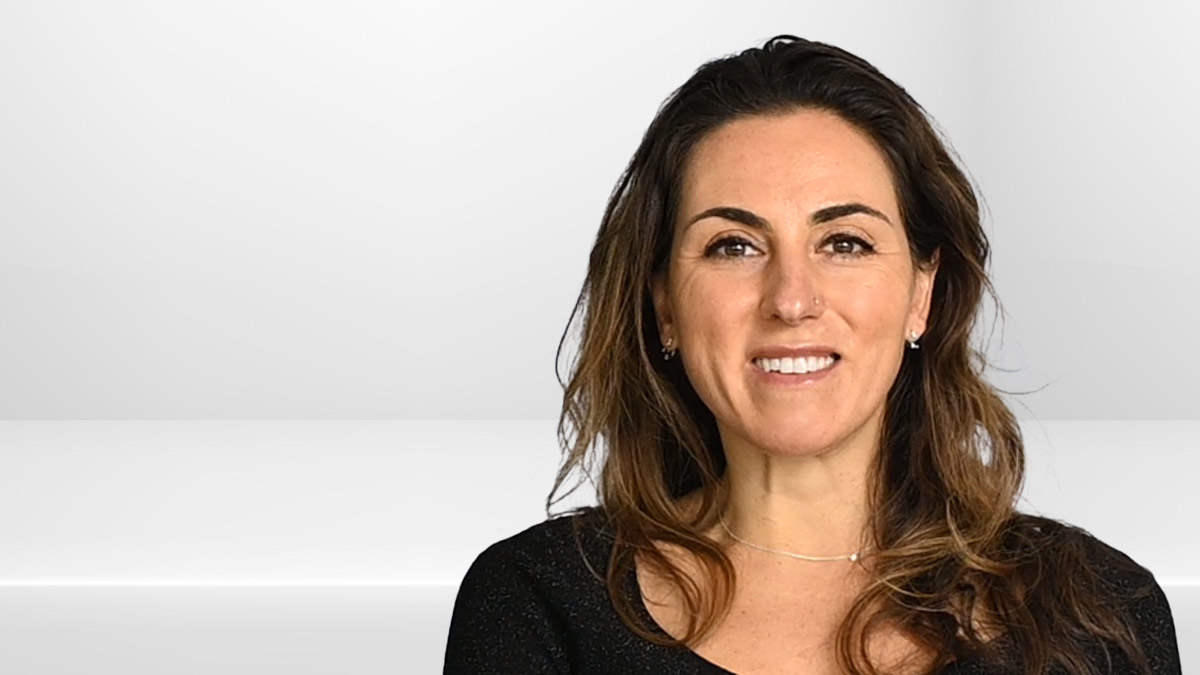Thinking You May Want to Try a Vegetarian Diet But Not Sure Where to Start?

Starting a vegetarian diet can be scary or overwhelming. You may feel like being a vegetarian means that you can never have meat again. A vegetarian diet is a word that describes eating mostly plant based foods. Some forms of this diet allow for options like fish or dairy products to be eaten.
Julia Zumpano, a registered dietician from the Preventive Cardiology Program at Cleveland Clinic explains the benefits of incorporating a vegetarian diet in to your lifestyle. A good way to start is to ease into this change. Julia suggests starting by going meatless for one meal a week. Then start to increase the number of meatless meals each week. An important thing to remember is to make sure you have a source of protein with this meal such as beans, legumes, lentils, tofu, eggs, yogurt or cheese. Adding meatless meals to your lifestyle can have good heart health benefits. Even if you choose to not make all of your meals meatless, adding more meatless options will have a positive result.
Learn more about the Preventive Cardiology Program at Cleveland Clinic.
Subscribe: Apple Podcasts | Buzzsprout | Spotify
Thinking You May Want to Try a Vegetarian Diet But Not Sure Where to Start?
Podcast Transcript
Announcer:
Welcome to Love Your Heart brought to you by Cleveland Clinic's Sydell and Arnold Miller Family Heart, Vascular & Thoracic Institute. These podcasts will help you learn more about your heart, thoracic and vascular systems, ways to stay healthy and information about diseases and treatment options. Enjoy.
Julia Zumpano, RD, LD:
My name is Julia Zumpano. I'm a registered dietician with the Department of Preventive Cardiology at the Cleveland Clinic. Often I get the question as to whether or not a vegetarian diet is healthy for you and how to begin down that journey. Vegetarian diets generally include mainly meatless products. So abstaining from any kind of meat, whether it be beef, pork, veal, lamb, chicken or turkey, as well in some cases, dairy products and eggs.
Julia Zumpano, RD, LD:
A vegetarian diet can be a loose term. Oftentimes, people choose certain foods that come from animal products that they choose to abstain from and may include others. Vegetarian diets have been shown to be very heart healthy. They generally are lower in saturated fat than traditional unrestricted diets and they do tend to be a little higher in fiber when followed properly.
Julia Zumpano, RD, LD:
Vegetarian diets can also be supportive to weight loss as well as diabetes control if followed properly. To begin following more of a vegetarian diet, I would start with going meatless at least one meal a week. So it's less overwhelming when you transition slowly. So look at least one meal a week and try to make that meal without any meat. And you can still have like a little bit of eggs and dairy if that it's an easier transition, but then start to maybe double cook those meals so then you're having two meatless meals that week. And then start to expand upon that slowly, making sure though that when you have a meatless meal you include a source of meatless protein.
Julia Zumpano, RD, LD:
So that could be beans or legumes, lentils. It could be tofu. It could be a bean-based burger. It could be egg whites if you're choosing to have a little bit of an animal product or a dairy source like a Greek yogurt or cottage cheese would be a good source of protein if you're choosing dairy or a low-fat cheese. So just be sure that you are using some form of protein in that meal.
Julia Zumpano, RD, LD:
And vegetables are also very important on a vegetarian diet and all diets. Vegetables provide an ample amount of vitamins, minerals, fiber, they're very low in calories and they really can help add more flavor and variety to meals. And give you really the most amount of nutrition with no negative effects at all. So vegetables are very key on any diet, but also important on a vegetarian diet.
Julia Zumpano, RD, LD:
So starting from just incorporating one meatless meal, then we continue to progress from there and see what level you're comfortable at. If you want to just include meat for special occasions, that can also be a very healthy way of looking at things. You don't necessarily need to avoid an entire food group completely, but you can instill eating more meatless meals, which can help ease some of the anxiety and stress around going fully vegetarian, but still incorporating the habits and the benefits of a vegetarian diet.
Announcer:
Thank you for listening. We hope you enjoyed the podcast. We welcome your comments and feedback. Please contact us at heart@ccf.org. Like what you heard? Subscribe wherever you get your podcasts or listen at clevelandclinic.org/loveyourheartpodcast.

Love Your Heart
A Cleveland Clinic podcast to help you learn more about heart and vascular disease and conditions affecting your chest. We explore prevention, diagnostic tests, medical and surgical treatments, new innovations and more.


